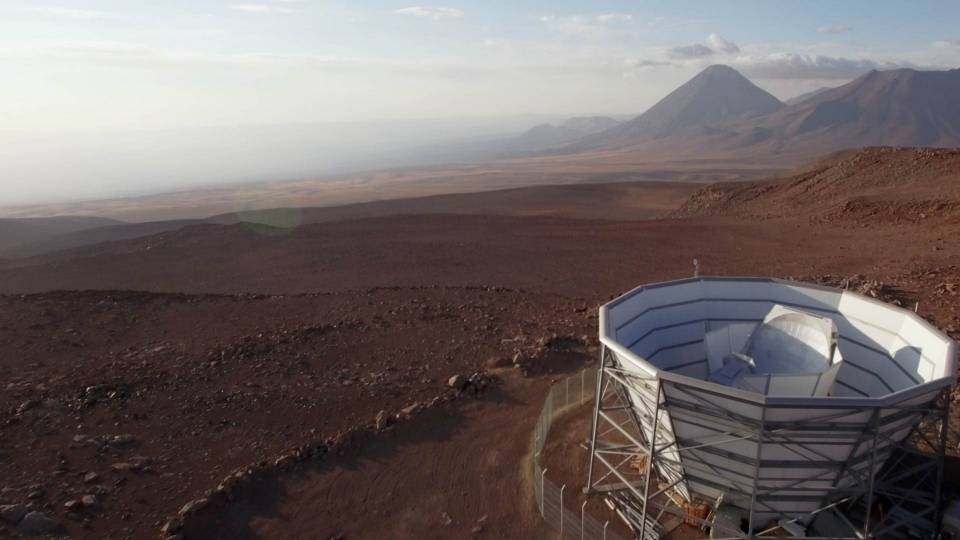Jo Dunkley, a professor of physics and astrophysical sciences, is the 2020 recipient of the Caterina Tomassoni and Felice Pietro Chisesi Prize for her innovative work exploring the earliest moments of our universe.

Jo Dunkley
The prize citation cites Dunkley’s “development of innovative analysis methods for cosmic microwave background anisotropy and polarization data, efficiently constraining both cosmology and fundamental physics, and producing a unifying view of the physical universe.”
“Jo’s work continues Princeton’s leadership in the study of the Cosmic Microwave Background as a cosmological probe," said Michael Strauss, chair of the Department of Astrophysical Sciences. "Using the world’s most sophisticated CMB telescopes, Jo and her students and colleagues are addressing some of the most basic questions about the nature of the expanding universe."
Dunkley studies cosmology, the branch of astrophysics studying the origins and evolution of the universe. Dunkley works on the Atacama Cosmology Telescope and the Simons Observatory with a team of undergraduates, graduate students and postdoctoral researchers as well as fellow Princeton professors Suzanne Staggs, the Henry DeWolf Smyth Professor of Physics; Lyman Page, the James S. McDonnell Distinguished University Professor in Physics; and David Spergel, the Charles A. Young Professor of Astronomy on the Class of 1897 Foundation, Emeritus.
She also recently published “Our Universe,” a layperson’s guide to everything beyond our planet.
The Tomossoni Chisesi Prize encourages and recognizes scientists making outstanding advances in the physical sciences. An award ceremony takes place each year at the Sapienza University of Roma, with the prize recipient receiving a 40,000 Euros (about $45,000) and the medal of the Schola Physica Romana. Dunkley has chosen to donate the proceeds to the National Society of Black Physicists.





